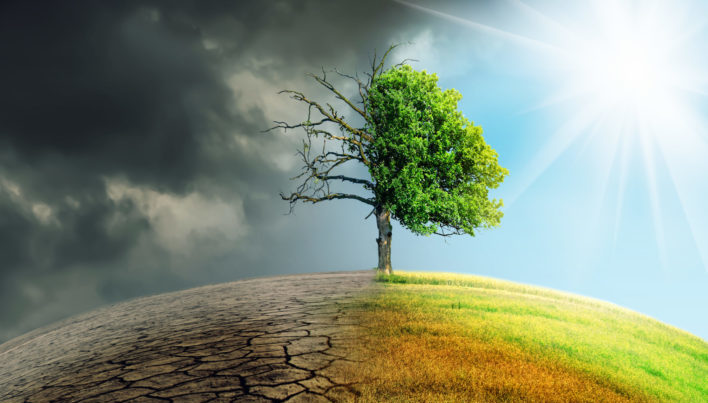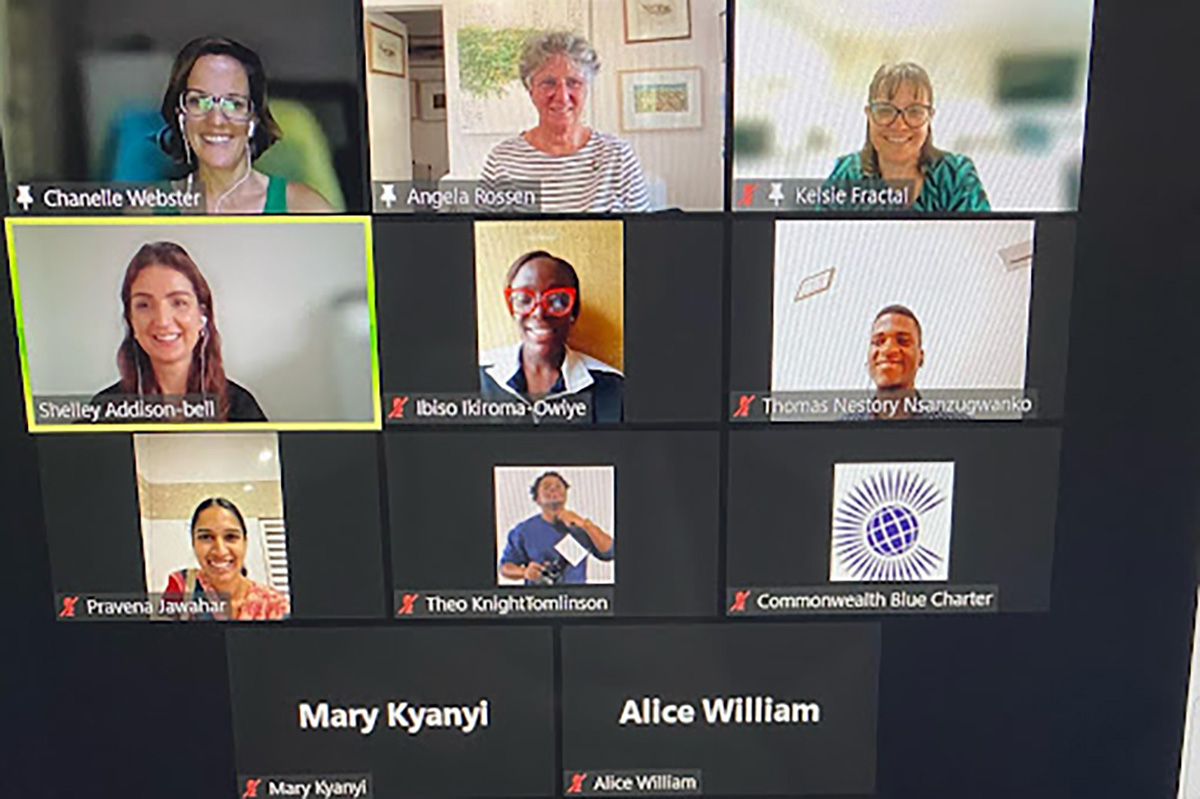India’s youth put energy into battling climate change
October 22
Extreme rainfall has affected livelihoods and claimed lives in India. This is evidence of the far reaching effects of climate change argues Kashvi Chandok, a 20-year-old Commonwealth Correspondent from New Delhi, India. She says the government needs to support young people in their fight for the environment and a better tomorrow.
The future of the environment is looking brighter in India, thanks to the youth.
My conversation with clean energy enthusiast Vedant Modak recently provided an example of how focused India’s youth are on driving our country’s transition to a more environmentally friendly India.
Vedant is a 21 years old Indian student who will be studying electronics at the University of Washington at the masters level next year. He believes that powering production, transportation and other aspects of our everyday lives with clean energy is vital to creating environmental sustainability. He wants to work for clean energy or electric mobility companies and startups to accelerate clean energy and its adoption.
Verdant says as an undergraduate, his internships and research related to climate sustainability in India led him to conclude that it is not enough to incentivise the producers of goods and services to shift to climate friendly energy solutions. He thinks that it is vital to also reward consumers for shifting to sustainable energy as this will create greater demand for India’s productive sectors to use green energy.
In addition to educating themselves to lead the climate friendly changes that India needs, our young people are also playing an important role on social media and on the ground in climate change activism. In 2019, the movement ‘Fridays for Future’ was initiated by Youth Activist, Greta Thunberg. Indian students were quick to follow in her footsteps and began calling for a change in environmental practices from business and governmental authorities.
With temperature spikes and water scarcity in most of its cities, India is already dealing with the worst effects of climate change. Floods are becoming more common in India’s coastal districts, causing additional displacement and hardship among the populace.
Human activity contributes to the main causes of climate change. Our increased use of fossil fuels – such as coal, oil and gas to generate electricity, run cars and other forms of transport, and power manufacturing and industry are releasing excessive amounts of greenhouse gases (GHGs) into our atmosphere. As a result, the globe is warmer. Big businesses play a huge part in releasing CO2 and destroying the environment but so do micro, small, and medium-sized enterprises (MSMEs).
In India, it is critical to assess the impact of climate change on the country’s developing micro, small, and medium-sized enterprises (MSMEs). In a fast-growing economy like India, it’s critical to recognise that corporate social responsibility is about maintaining and promoting the environment rather than exploiting it.
This is where the role of young professionals, who want to change the current status quo and work towards advancing sustainability comes in.
Climate justice movements are not new to India. One of the most popular movements that occurred in 1973 is called the “Chipko” Movement”. The first Chipko protest occurred near the village of Mandal. Chandi Prasad Bhatt led villagers into the forest and embraced the trees to prevent logging. Many more environmental conservation movements have been developed by citizens since then.
Young people like Vedant Modak are putting their energies in clean energy but green energy startups lack financial support. India has the energy of the youth on its side as we fight climate change, but our leaders need to make policy changes to support the youth to secure a greener, healthier India.
Photo Credit: Shutterstock
About Kashvi Chandok: Student of Literature and Political Science from Delhi University, Kashvi Chandok is an independent researcher and writer with a demonstrated history in exploring the issues of international relations, women’s rights and climate change. She is representing India in an endeavour by UN Women and the OHCHR by participating in conversation around Enhancing the Protection of Women’s Human Rights in the Context of Shrinking Democratic Space in Asia. She has previously worked with the ASEAN Youth Organisation, Delhi Commission For Women, Feminism In India and Centre For Social Research.






